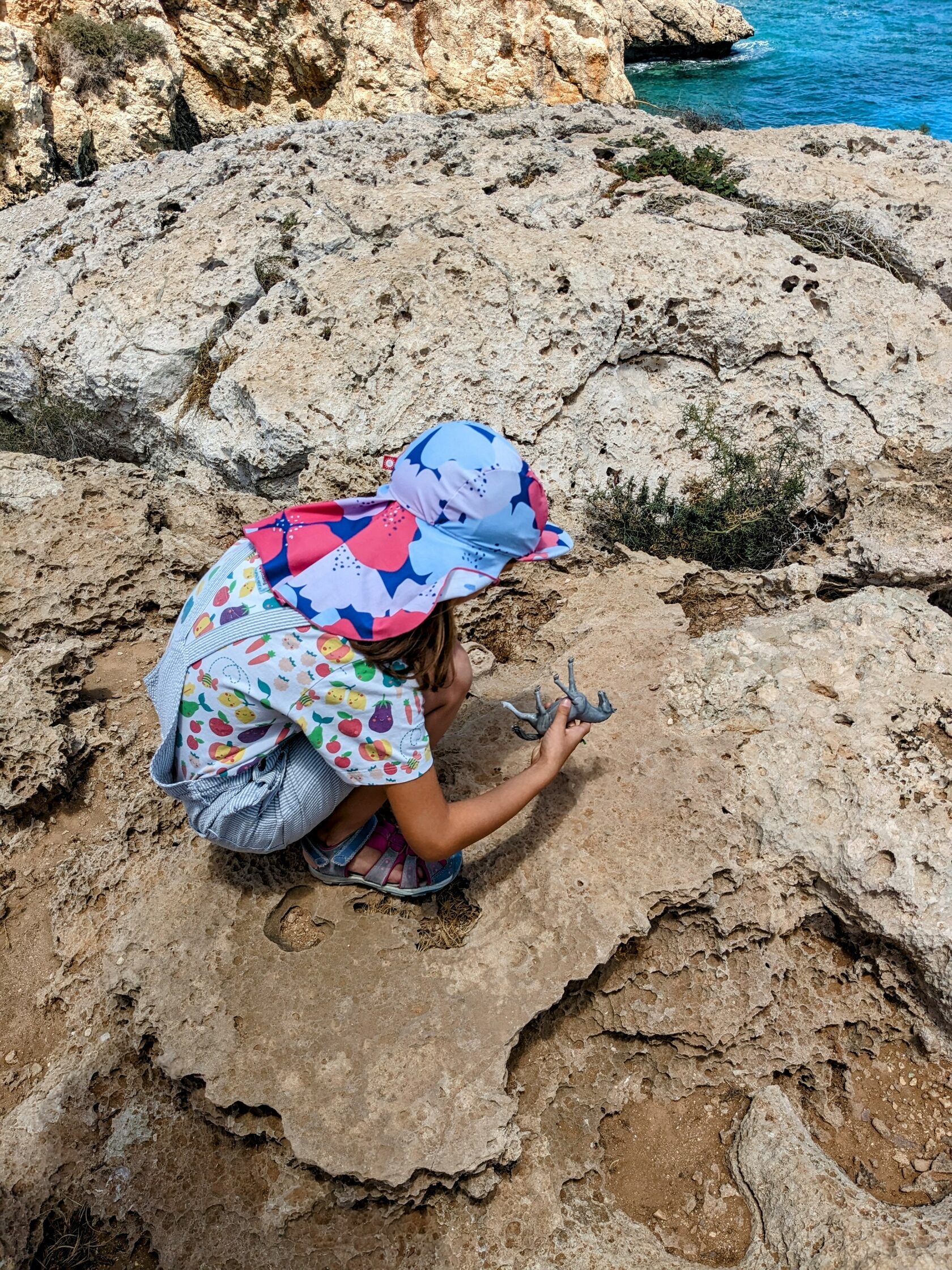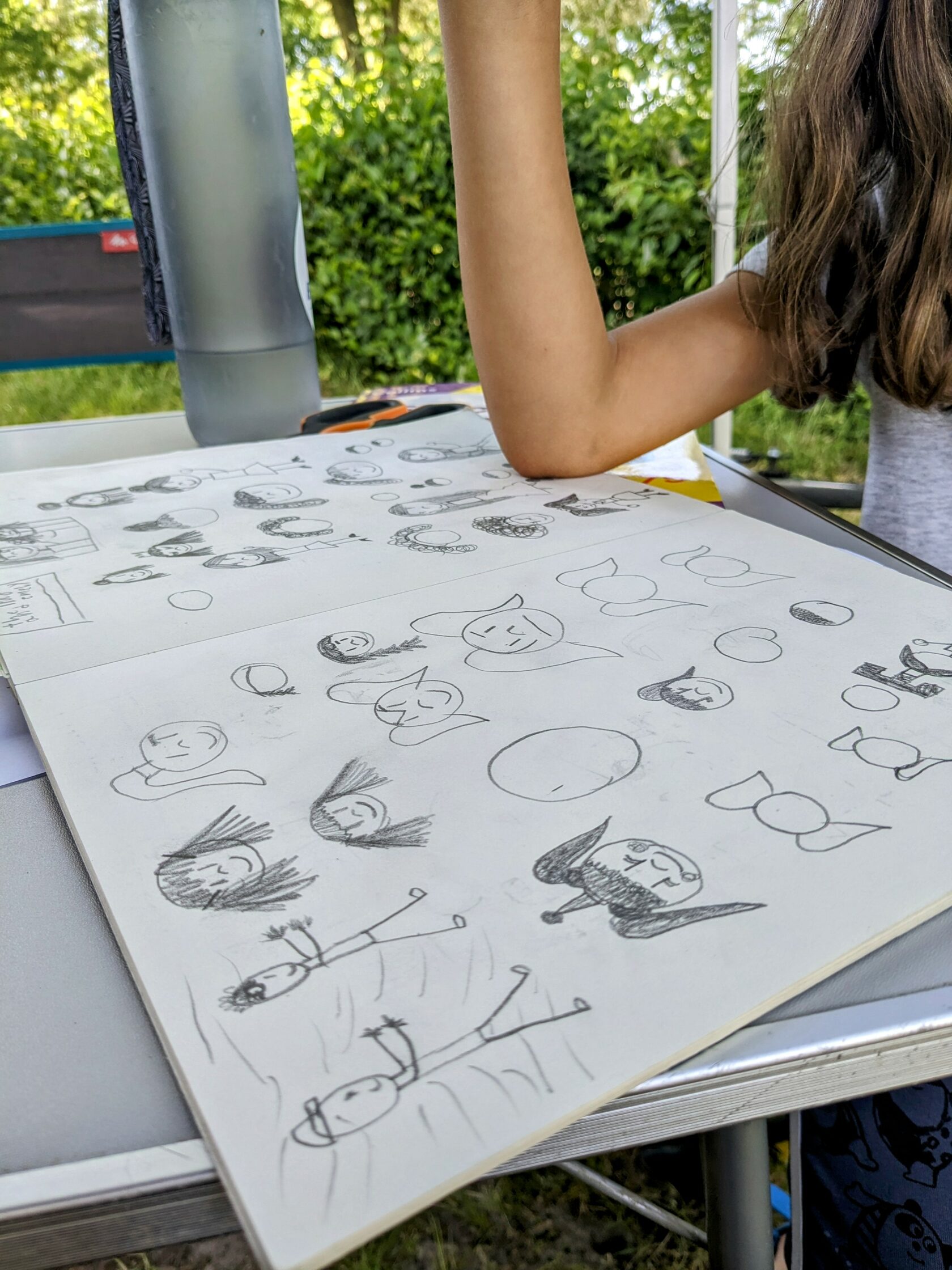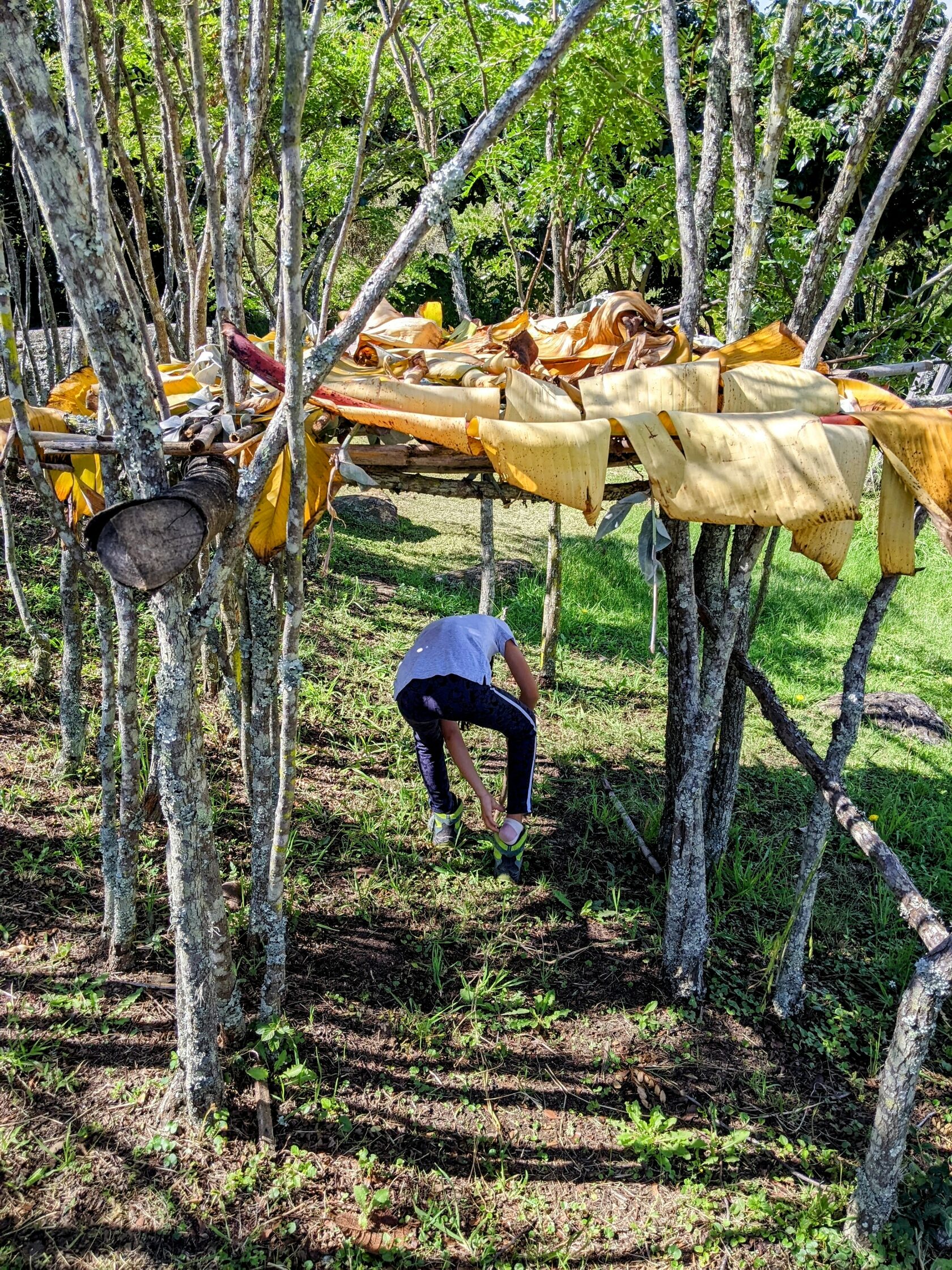Many times as parents, we may hear our children, declaring, "I'm bored!" These words often prompt us to leap into action, brainstorming activities or distractions to fill our children’s time. But what if I told you that boredom is not necessarily a bad thing? Rather, it is a doorway to creativity, self-reflection, and growth. As a matter of fact, boredom can be one of the greatest gifts we can give our children.
First, let's understand what boredom truly is. In its essence, boredom arises from a moment of disengagement, a pause in our children’s daily activities and stimuli. Contrary to popular belief, this disengagement is not an alarm bell for inaction but a signal that your children are ready to explore and create again. Boredom, then, serves as an invitation to delve into the vast landscape of imagination, an opportunity for our children to engage with their interests, reflect upon their desires, and learn how to initiate their own activities.
Boredom encourages self-reflection, enabling children to look inward and ask themselves what truly captures their interest. In these moments of “boredom”, children are given the chance to identify their passions, motivations, likes, and dislikes. It’s a powerful process of self-discovery that fosters independence and personal growth. Boredom can thus act as a compass, guiding our children towards meaningful engagement, such as attempting activities they might not have thought of before.
First, let's understand what boredom truly is. In its essence, boredom arises from a moment of disengagement, a pause in our children’s daily activities and stimuli. Contrary to popular belief, this disengagement is not an alarm bell for inaction but a signal that your children are ready to explore and create again. Boredom, then, serves as an invitation to delve into the vast landscape of imagination, an opportunity for our children to engage with their interests, reflect upon their desires, and learn how to initiate their own activities.
Boredom encourages self-reflection, enabling children to look inward and ask themselves what truly captures their interest. In these moments of “boredom”, children are given the chance to identify their passions, motivations, likes, and dislikes. It’s a powerful process of self-discovery that fosters independence and personal growth. Boredom can thus act as a compass, guiding our children towards meaningful engagement, such as attempting activities they might not have thought of before.

Embarking on a Journey Together: Three Ways We Nurture Independence and Ignite Problem-Solving Prowess in Our Young Ones
In these moments, it's essential for us to resist the temptation to solve the situation for them. Our role is to guide and support them, fostering their independence and problem-solving skills.
- Open-Ended Questions: Instead of suggesting activities, try asking questions that stimulate their thinking and creativity. For example, "If you could do anything right now, what would it be?" or "What is something you've wanted to try but haven't had the time to do it?" These prompts nurture their ability to explore their interests and independently find something to do.
- Empathetic Listening: Allow children to acknowledge their feelings of boredom, support them through the discomfort, and guide them to understand it’s an opportunity for creativity. Avoid rushing to fix the situation. A simple, "I can see you're feeling bored, that can be tough" can validate their feelings and encourage them to think about how they want to respond to these feelings.
- Facilitate Exploration: Reinforce the idea that they have the power to overcome their boredom. Guide them towards resources that can inspire them. This could be a box of craft materials, a selection of books, or even a nature walk. The goal is not to dictate the activity but to provide avenues for them to explore their interests.

On the flip side, let's discuss three things we should avoid when our children express feelings of boredom:
- Over-scheduling: While structured activities have their benefits, an overload of scheduled activities leaves little room for children to develop their creative thinking and problem-solving skills. They need the space to explore their own interests and learn how to manage their time.
- Immediate Entertainment: It's tempting to hand over a tablet or turn on the TV to quickly dispel boredom. However, this creates a dependency on external stimulation and robs them of the chance to engage with their own thoughts and ideas.
- Dismissal: Phrases like "You have so many toys, how can you be bored?" or "When I was your age, I didn’t have time to be bored" dismiss their feelings and may discourage them from sharing in the future. Remember, it’s not our job to resolve their boredom. Our role is to guide and support them in navigating their feelings and finding their own solutions. Boredom is an emotion that deserves acknowledgment and understanding.

We need to reflect upon the way we perceive and respond to our children's boredom. It's not an issue that needs immediate rectification, but a golden opportunity for growth, self-discovery, and creative exploration. As parents, we need to shift our role from being problem-solvers to supportive guides, helping our children harness the transformative power of boredom. Let's turn this often-dreaded declaration of "I'm bored!" into an exciting starting point for our children's self-driven journeys of discovery and imagination. After all, boredom is simply the beginning of an adventure.
Next time, take a deep breath, observe, observe in a deeper way, and then reflect on the following questions:
- How can I transform my initial reactions to my children's expressions of boredom into moments of encouragement and exploration?
- "In what ways can I shift my mindset to view my child's declaration of 'I'm bored!' as the spark that ignites their next great adventure in creativity and self-discovery?
